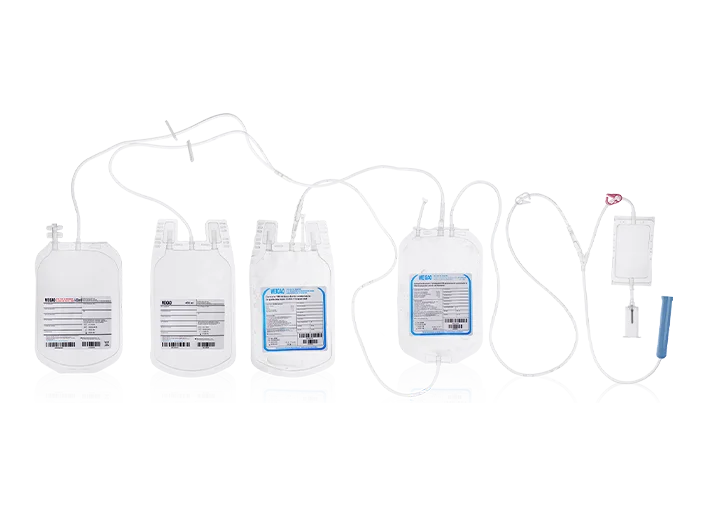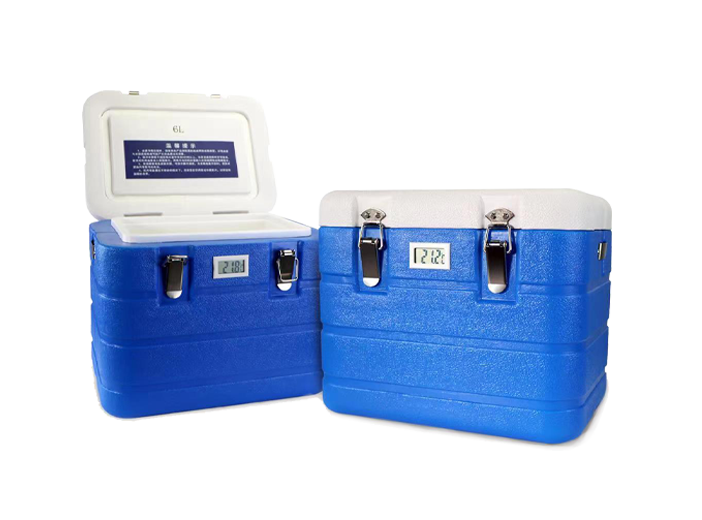As a crucial component in the healthcare industry, blood bags play a vital role in ensuring safe and efficient blood transfusions. These specialized containers are designed to store and transport donated blood, allowing medical professionals to deliver life-saving treatments to patients in need.
The Importance of Blood Bags
Blood bags are specifically engineered to maintain the integrity of stored blood by providing an optimal environment for preservation. Made from durable materials such as PVC or polyolefin, these bags are sterile and biocompatible, preventing contamination and adverse reactions during transfusion.
Furthermore, blood bags feature multiple compartments that allow for the separation of different components of blood, such as red cells, plasma, and platelets. This enables medical professionals to administer specific components based on individual patient needs.
WEGO Medical’s Contribution
One prominent player in the production of high-quality blood bags is WEGO Medical. With their state-of-the-art manufacturing facilities and stringent quality control measures, WEGO Medical ensures that each bag meets international standards for safety and reliability.
In addition to their commitment to product excellence, WEGO Medical also prioritizes sustainability by utilizing eco-friendly materials in their manufacturing processes. By reducing waste generation and promoting recycling initiatives within their operations, they contribute towards a greener future for healthcare.
The Role of Surgical Suture
Surgical suture plays a critical role when it comes to securing connections between the blood bag tubing system and the recipient’s circulatory system during transfusion procedures. The use of surgical sutures ensures leak-proof connections while minimizing any potential risks associated with fluid loss or air embolism.
Sutures used in this context are typically made from absorbable materials, such as polyglycolic acid or polylactic acid, which gradually break down and are absorbed by the body over time. This eliminates the need for suture removal post-transfusion, reducing patient discomfort and simplifying the overall procedure.
Conclusion

In conclusion, blood bags serve as indispensable tools in facilitating safe and efficient blood transfusions. With their ability to preserve different components of blood and maintain sterility throughout storage and transportation, they enable medical professionals to provide life-saving treatments to patients worldwide.
Companies like WEGO Medical play a crucial role in ensuring the production of high-quality blood bags that meet rigorous safety standards while also promoting sustainability within the healthcare industry. Additionally, surgical sutures contribute to secure connections during transfusion procedures, further enhancing patient safety.
Overall, advancements in technology and manufacturing processes continue to improve the functionality and reliability of blood bags, ultimately saving countless lives through effective transfusion practices.
